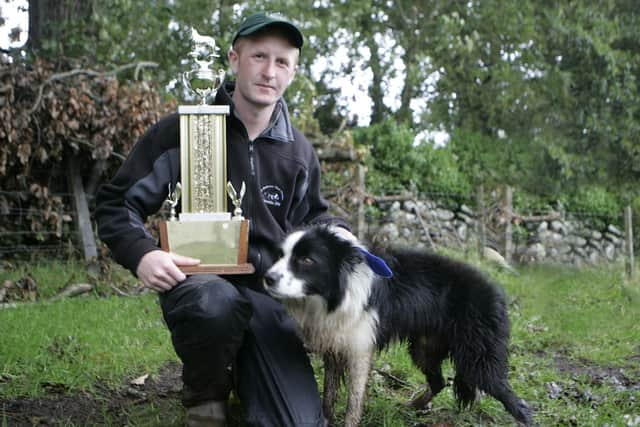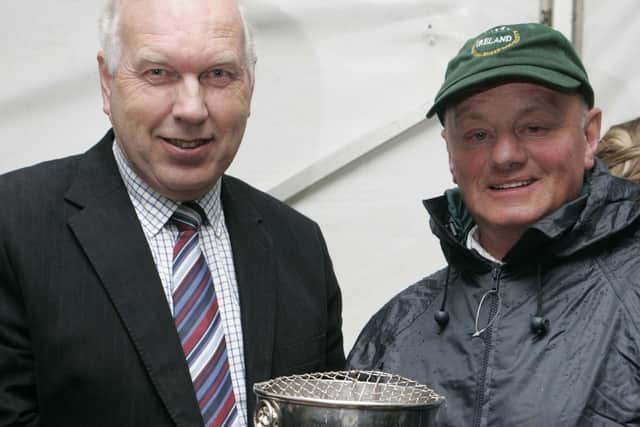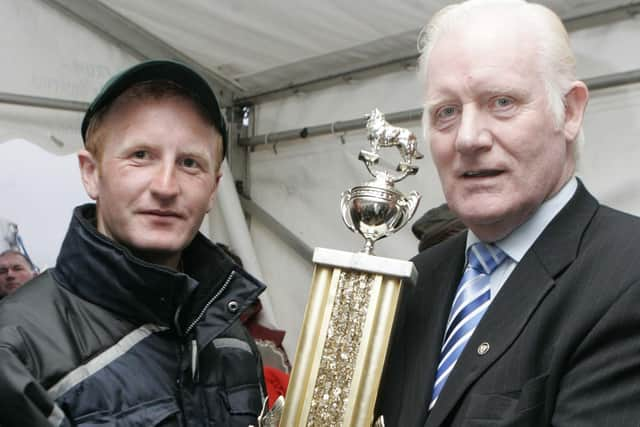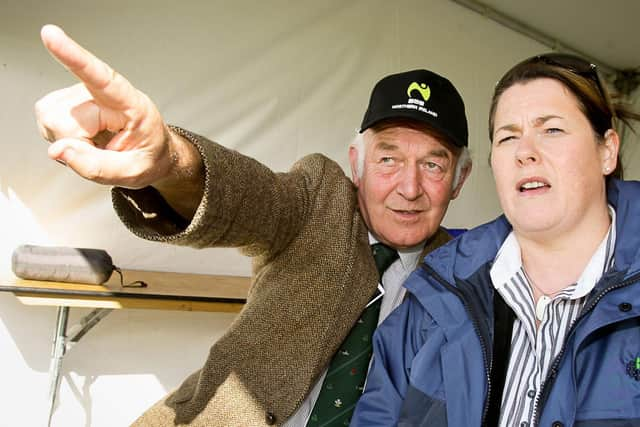Transport board’s increased in costs criticised by Ulster Farmers’ Union (1936)
and live on Freeview channel 276
The Reverend R J McImoyle said: “It has lately been the experience of branches the union that there has been an increase in the charges made by the transport board for excursions.”
The president, Mr Charles Magee, agreed with the view, and said he knew of one instance in which seventeen guineas had been quoted for an excursion which formerly cost £13.
Advertisement
Advertisement
Mr D Orr said he knew of a Young Farmers’ Club that had been quoted £3 10s for bus which in the previous year had cost £2 12s 6d.


Mr R J Pack-Beresford said he understood that the explanation for the increase was that before the establishment of the board that cut-throat competition had compelled bus owners to quote uneconomic figures “which nearly drove some of them into bankruptcy”.
The Reverend Robert Moore remarked that if bus concerns were almost bankrupt it was a wonder that nearly £400,000 was paid for one of them.
Mr R J Hale declared that the chairman of the board had told deputation that in the past many buses carried only thirty per cent of their capacity and that, with better organisation, it could be increased to 60 per cent.
Advertisement
Advertisement
“If that were so, then fares now should at least be no higher than formerly,” he told the.


The executive committee were instructed to take up the matter with the NITB.
The News Letter also reported that the new president of the UFU was Mr Charles Magee from Newry, and the deputy president, “who becomes president next year”, was the Reverend Robert Moore.
On taking the chair, Mr Magee spoke in glowing terms of the services rendered to the union by his predecessor, Mr W J M Mordie.
Advertisement
Advertisement
“The coming year,” he said, “will be a momentous one in agriculture. The international trade agreements will be revised, and farmers will require to be on constant watch to see that in any revision the rights of the home producer to the fullest freedom in home markets are not endangered.”


After speaking of the sympathetic and helpful attitude of the Ministry of Agriculture towards the union, Mr Magee expressed the hope that during the coming year “something tangible would be done to assist flax-growers, who so far had been left out in the cold and received no encouragement”.
A resolution from the Downpatrick branch protesting against the importation of foreign potatoes at the expense of home-grown potatoes was adopted, and the executive committee were instructed to make representations to the proper authorities on the matter.
Mr Stewart (Downpatrick) said there had been breach of faith with home growers in the matter of imports, and public confidence in the potato scheme had been shaken by the action of the British government in removing the duty.
Advertisement
Advertisement
He said: “The government’s advisory committee has taken the attitude that the retail prices of potatoes are too high, but I cannot discover that the leaders of the working classes have demanded any reduction in the prices.”


Replying to Mr Gaston, the secretary, Mr David Wright quoted from a letter received from the chairman of the English Potato Marketing Board in which he said that in a normal season shipments supplies up to 200,000 tons would be accepted from Northern Ireland in the markets of Great Britain, and in the event of a shortage supplies, Northern would have the first opportunity of making good the deficiency.
Meanwhile, the report of the Executive Committee stated that 1935-36 had been, “a year of the greatest importance to agriculture, and, after many years of anxiety” but one that had “brought a ray of hope into the life of the farmer.
It stated: “The avalanche of losses has been stopped, but, while most farms will show a small balance on the right side, the position is not any means secure. The revival of industries in Great Britain ought to have been helpful to agriculture but the call for cheap food had made that difficult, the cry being always the same, ‘the farmer is robbing the people’.”
It added: “The farmer is not getting too much, but the committee are of opinion that great economies might be made in the cost of distribution.”